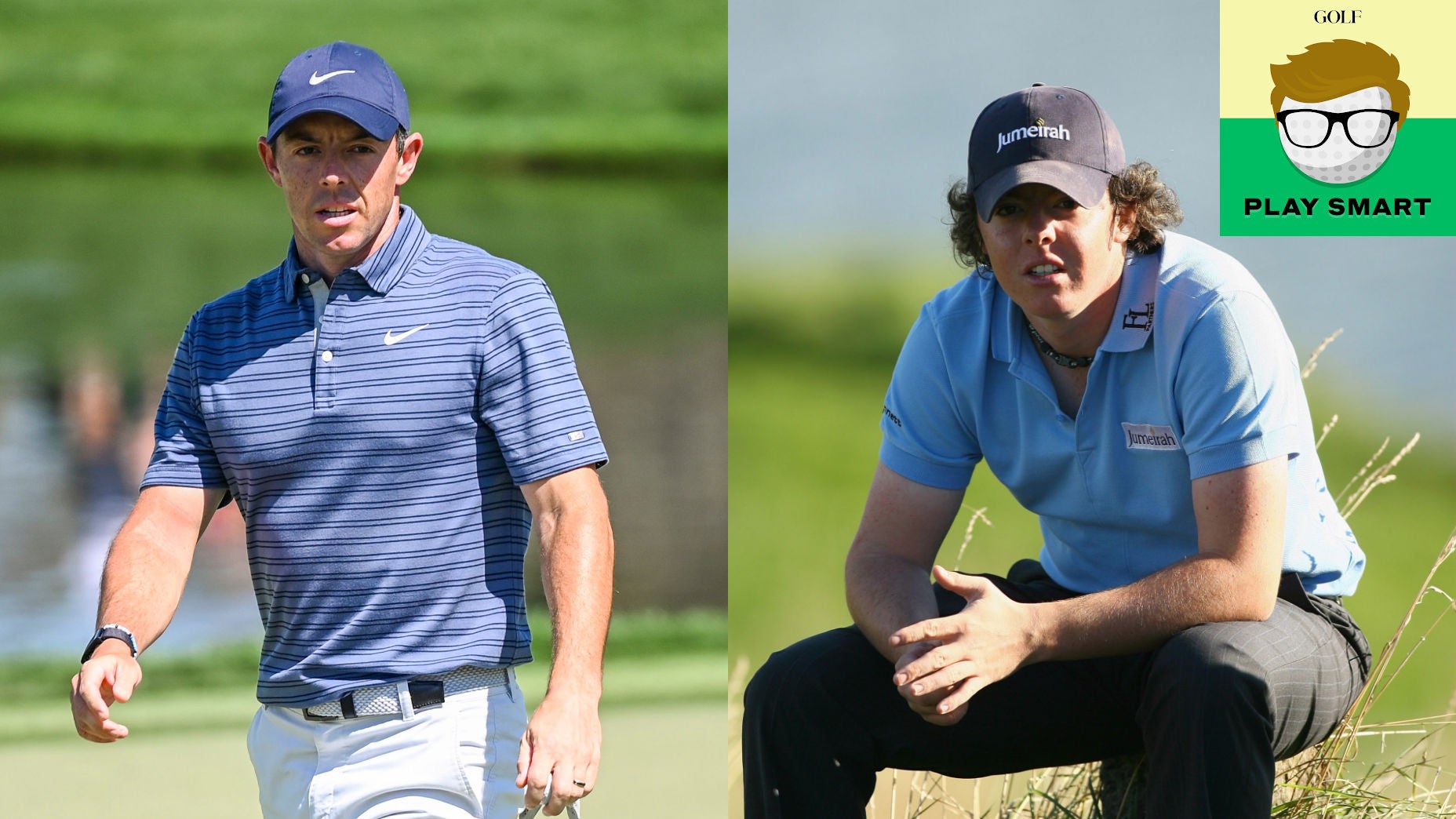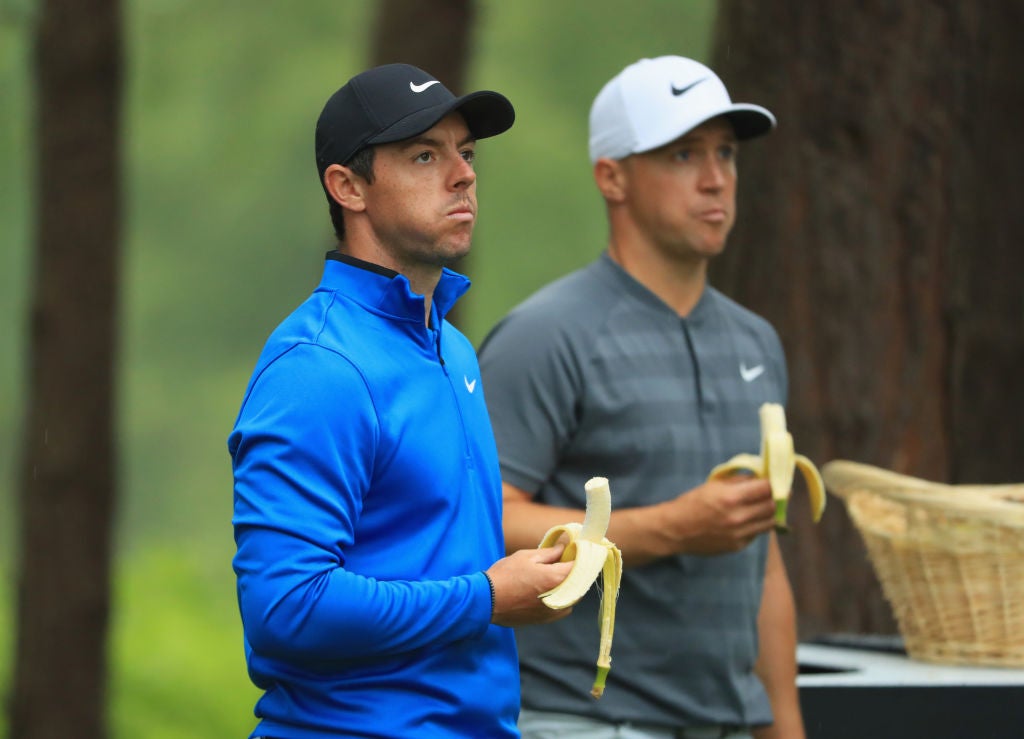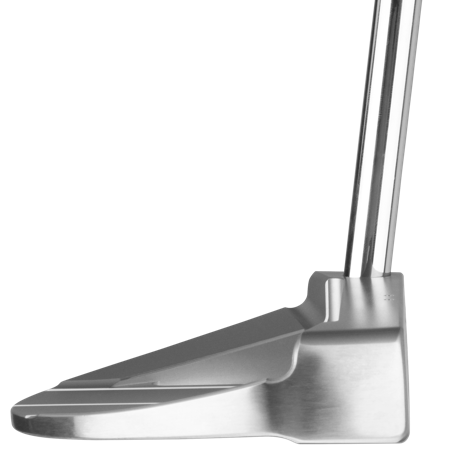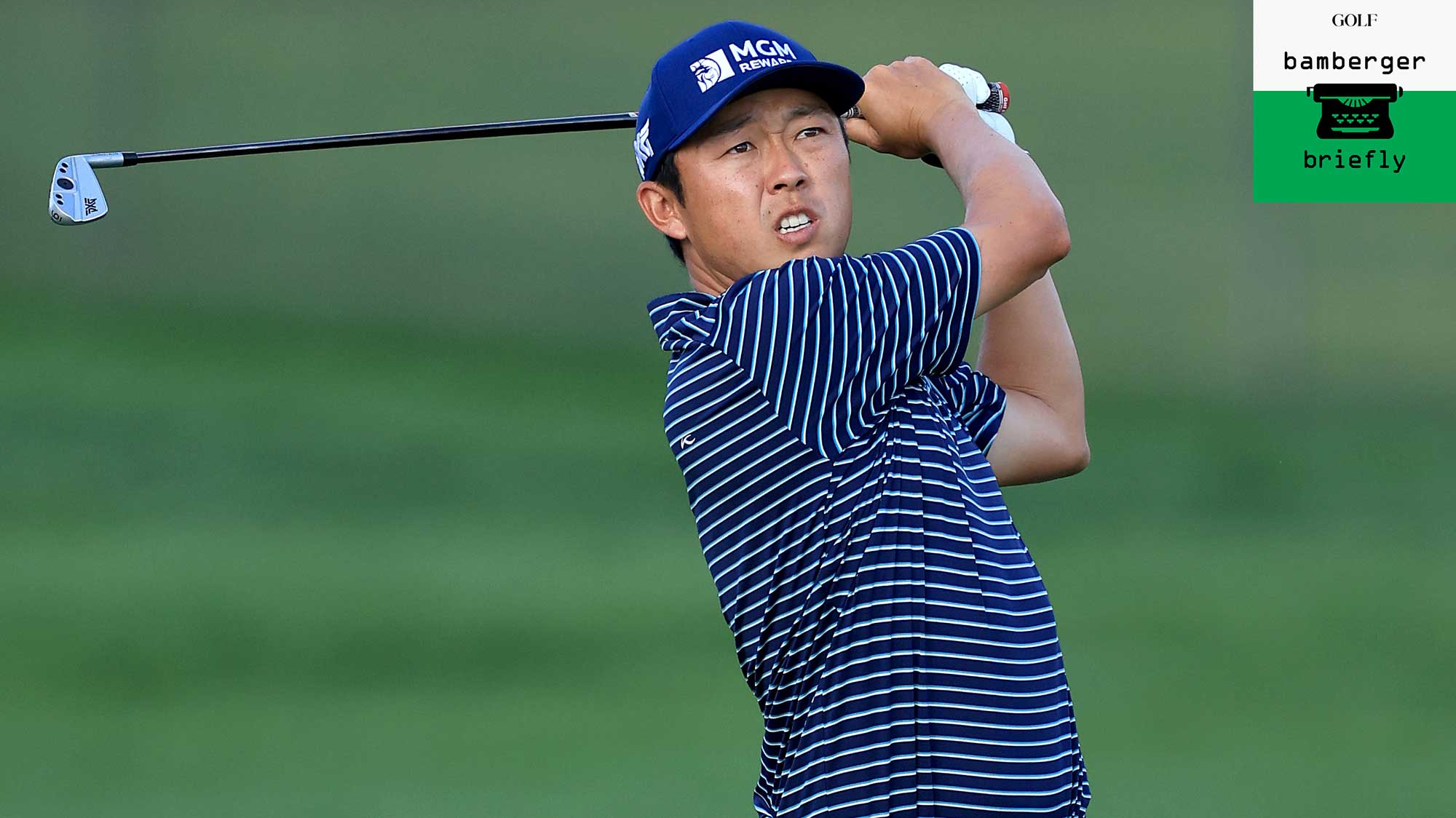
How did Rory McIlroy transform his body? He explained his process to GOLF.com.
Getty Images
Welcome to Play Smart, a game-improvement column that drops every Monday, Wednesday and Friday from Game Improvement Editor Luke Kerr-Dineen (who you can follow on Twitter right here).
When Rory McIlroy first burst onto the scene, he had a marvel-like quality about him. He was just a kid, with a boyish face and some baby fat still on his bones. He reminded you of your son, or brother, or nephew — but he was doing things to a golf ball that most grown men could only dream.
Things were going well, too. He turned pro at 18 years old, and within the space of two years had won on both the PGA and European tours, earned close to $10 million in winnings, and finished in the top 10 in two of his first four major starts as a professional.
Then came a health scare that would prove career-defining: A back injury before the age of 20, which kept him on the sidelines during the early part of the 2010 season.
“It was a wake up call,” Rory tells GOLF.com. “The doctor told me I may not be lucky next time. That it could put me out for a long time. It was the first time I thought that I may not be able to do what I love, which is playing golf.”
Rory’s new high-protein diet
When Rory set about injury-proofing his golf swing, he encountered a situation that many juniors find themselves in: He had lots of flexibility, but not much strength. It created a lot of movement in his swing that he didn’t have the strength to control. It made him prone to hyper-extension, Rory says, which occurs when your joints move past their normal range of motion.
To stop that from happening — and therefore prevent injury along the way — he needed a diet to help him cut the fat, and replace it with muscle he was working hard to build in the gym.
“I had to up my protein intake quite a bit,” he says. “I’d eat a gram of protein per pound of body weight. I still do that; 170 grams per day of protein.”
His new, ultra-high protein diet also also meant cutting back on two of his favorite guilty pleasures: chocolate and ice cream.
Those two items used to be an enjoyable mainstay of his diet, but now, he enjoys them in moderation — and pushes back firmly at the idea of cutting out any food altogether from your diet.
“I don’t think you want to demonize food,” he says. “It’s about being able to fit it into your diet so you can have it every once in a while and feel good about it and not feel guilty. There’s so much guilt associated with eating. If you can break that mental barrier, you’ll be better off.”

To compliment his workout routine, Rory eats one gram of protein per pound of body weight.
Getty Images
If you have dreams of losing weight, maintaining a healthy relationship with food is just as important, Rory went on to say. It’s only by adopting healthier habits that you’ll be able to sustain it in the long run.
“I don’t think any food is bad, necessarily. It’s more like treating it as a treat,” he says. “I’ll allow myself ice cream every now and again because I enjoy it and you still have to enjoy what you eat.”
While ice cream remains an occasional treat, he has cut out pork and eggs, and maintains a gluten-free diet. He identified those foods more recently as part of a temporary elimination diet to improve his digestion.
“It just doesn’t agree with my body,” he says. “Those are more of a personal thing that’s unique to my body.”
As for advice for the rest of us looking to use Rory as inspiration to eat a little healthier ourselves?
“Eat more protein, that’s the biggest thing,” he says. “Protein up, fat up, carbs down.”











